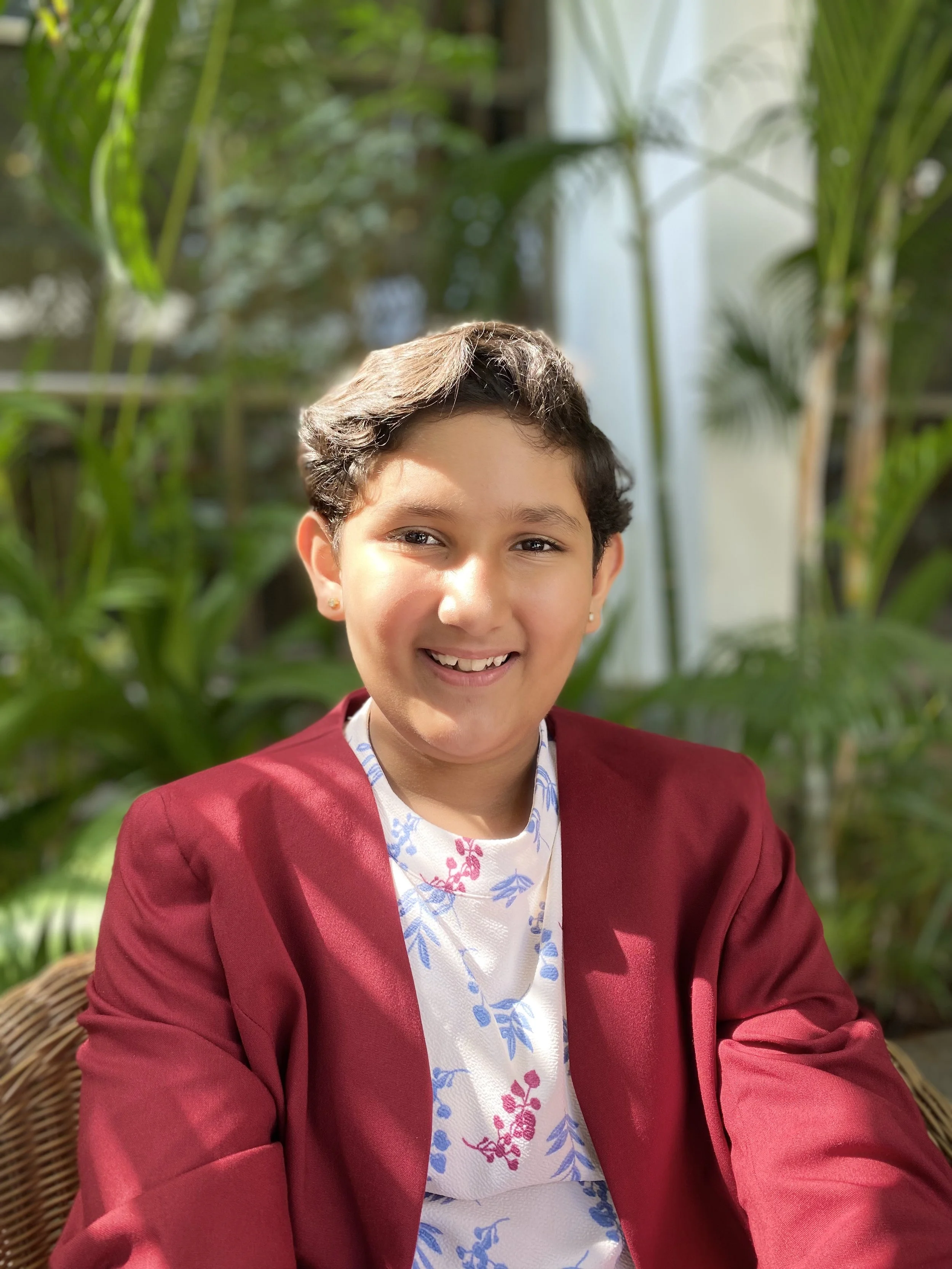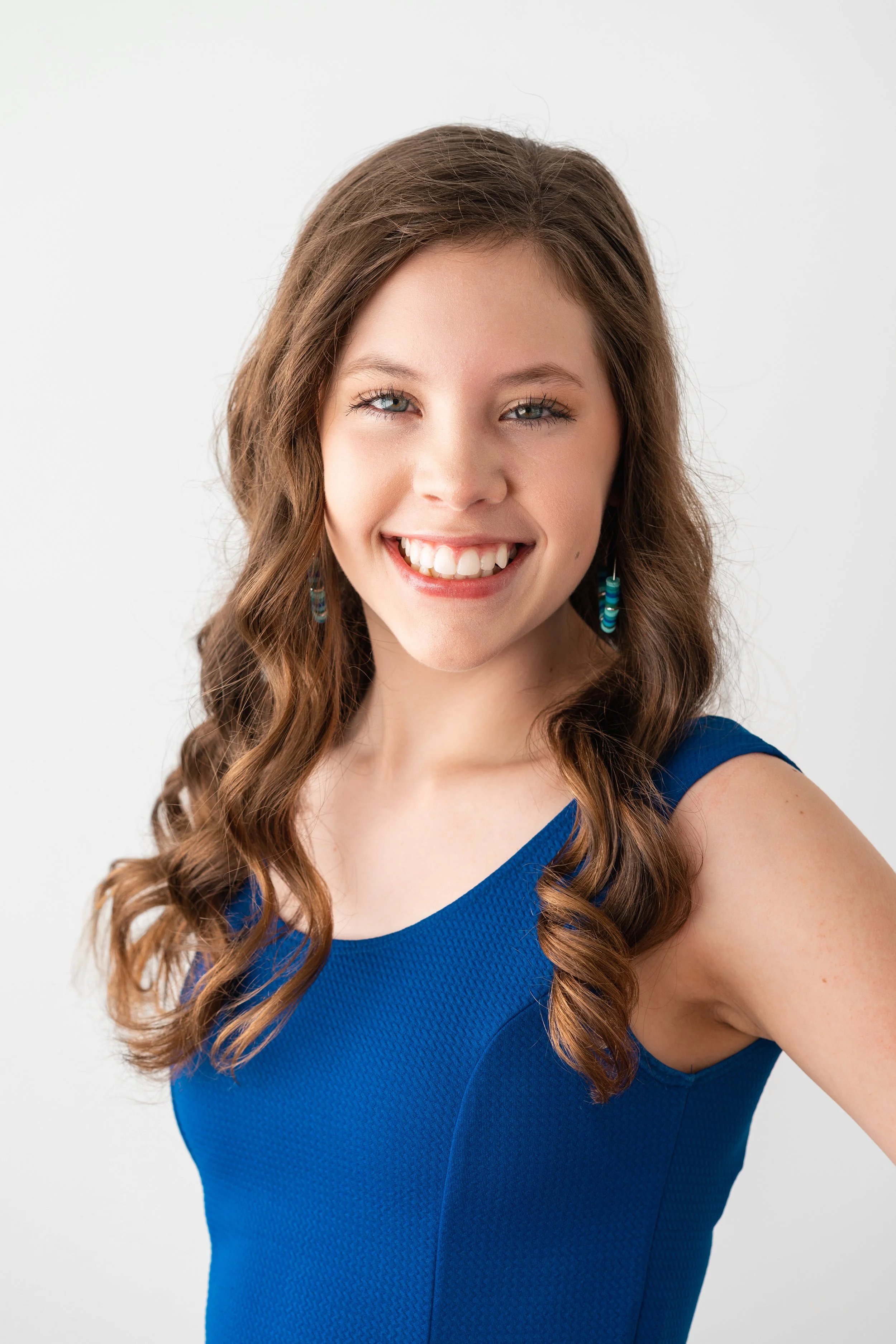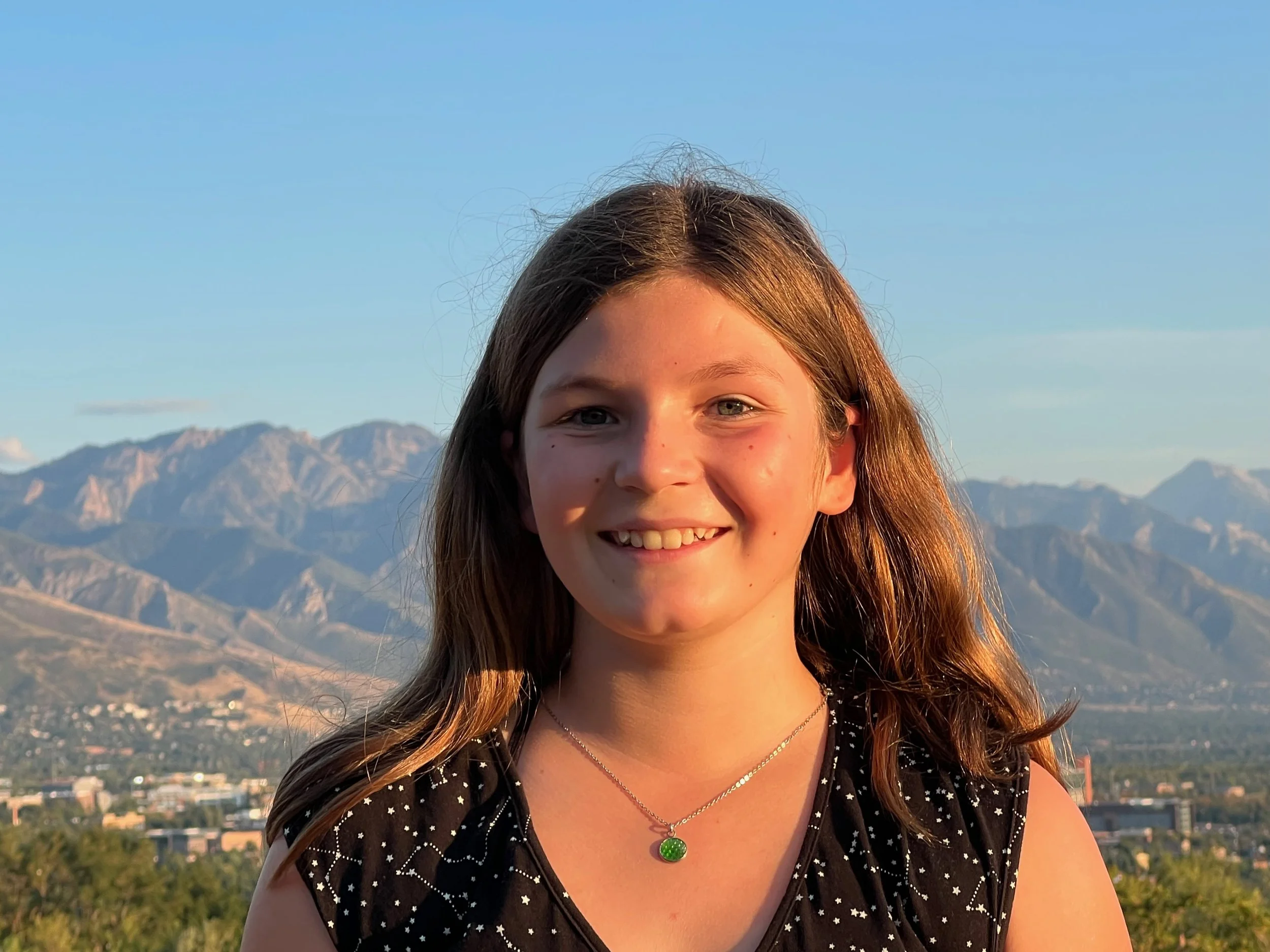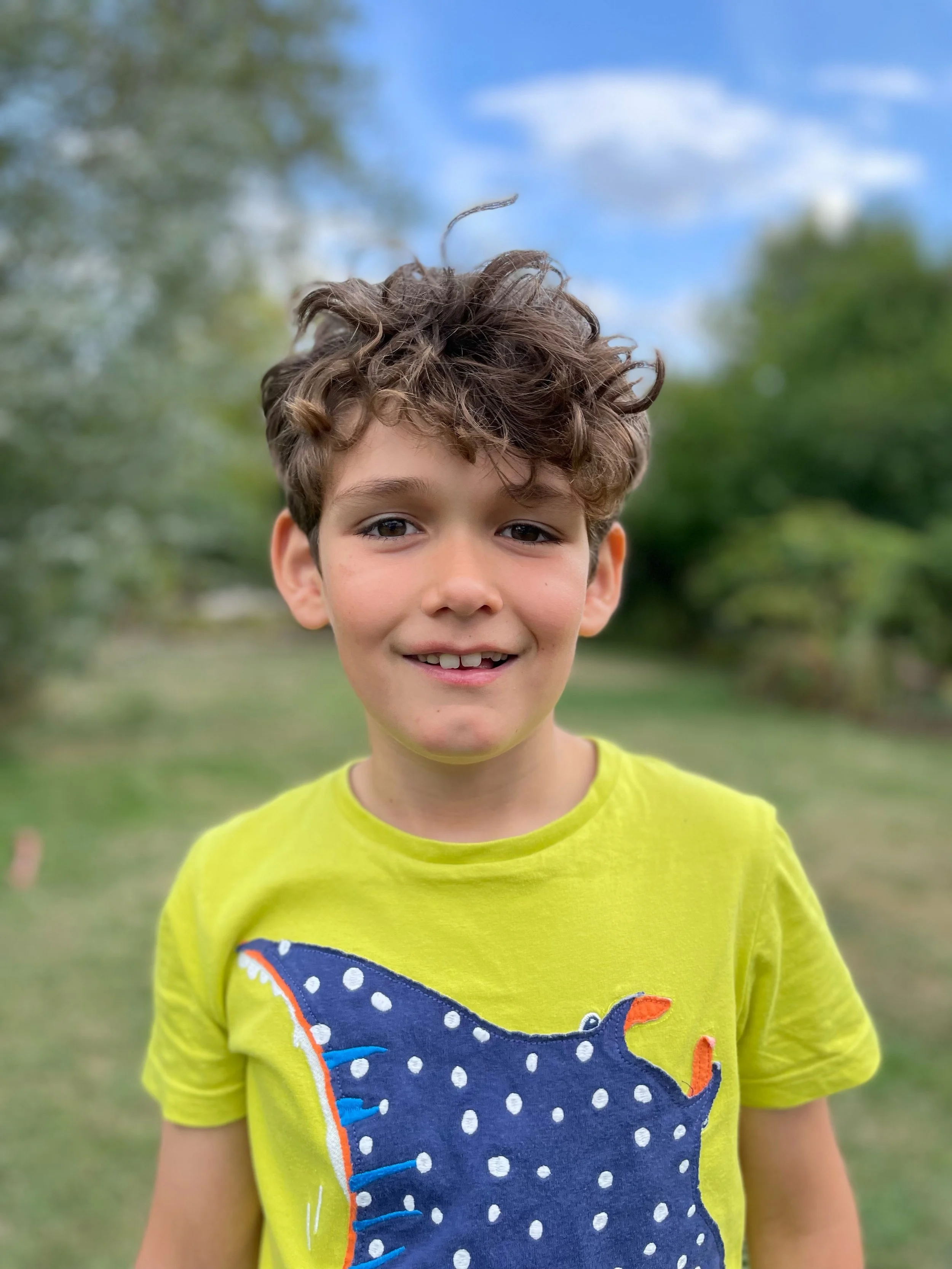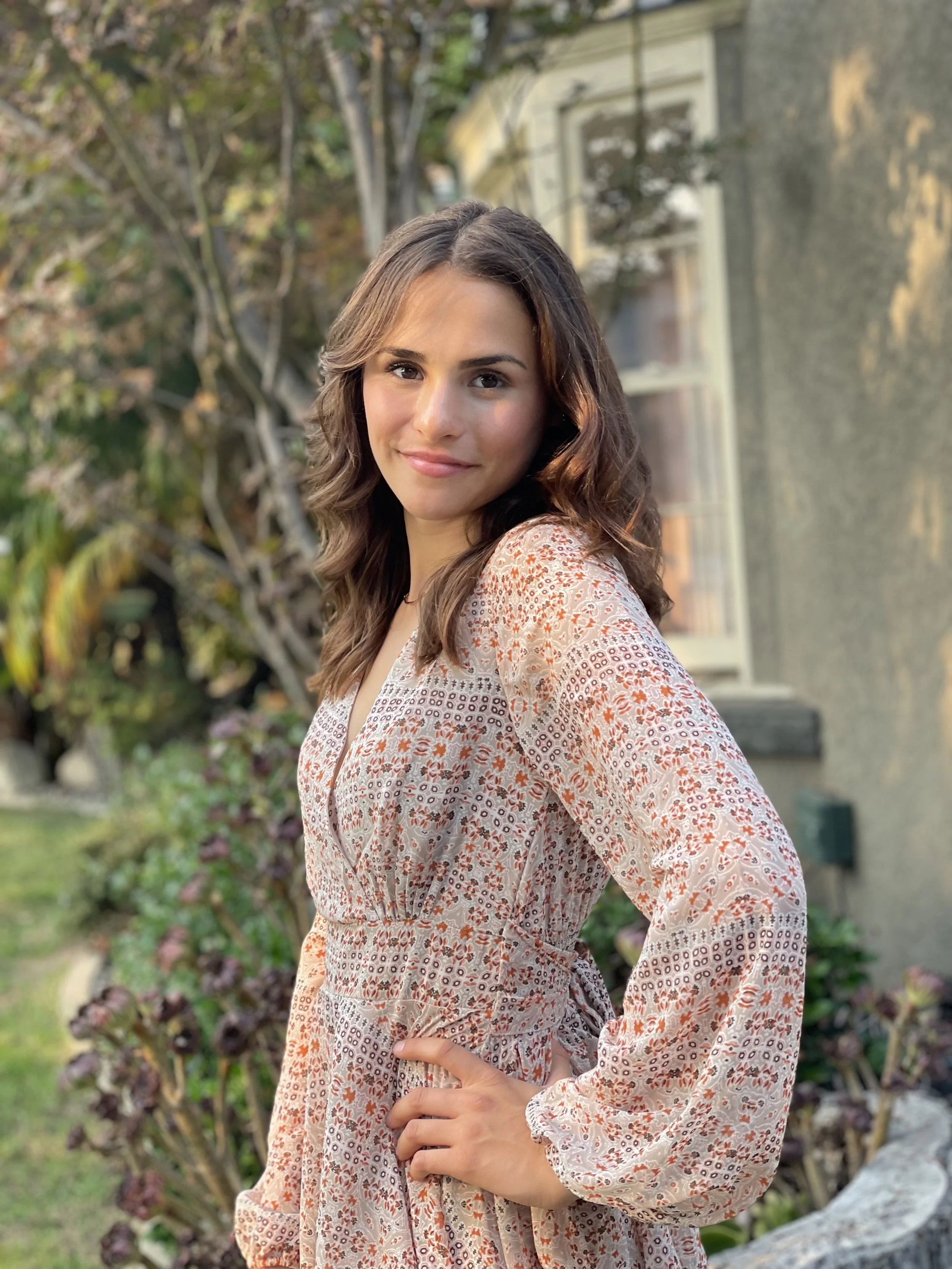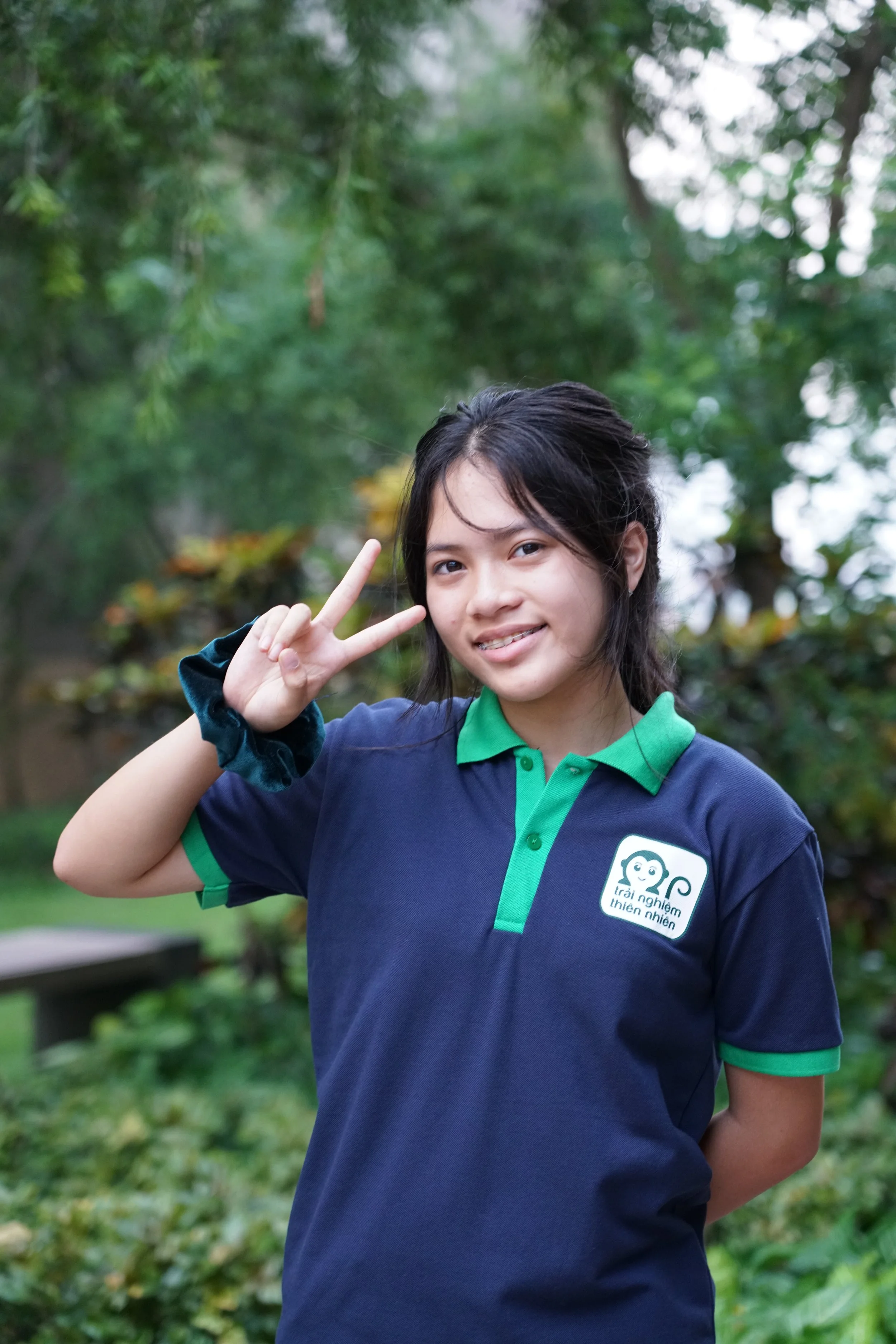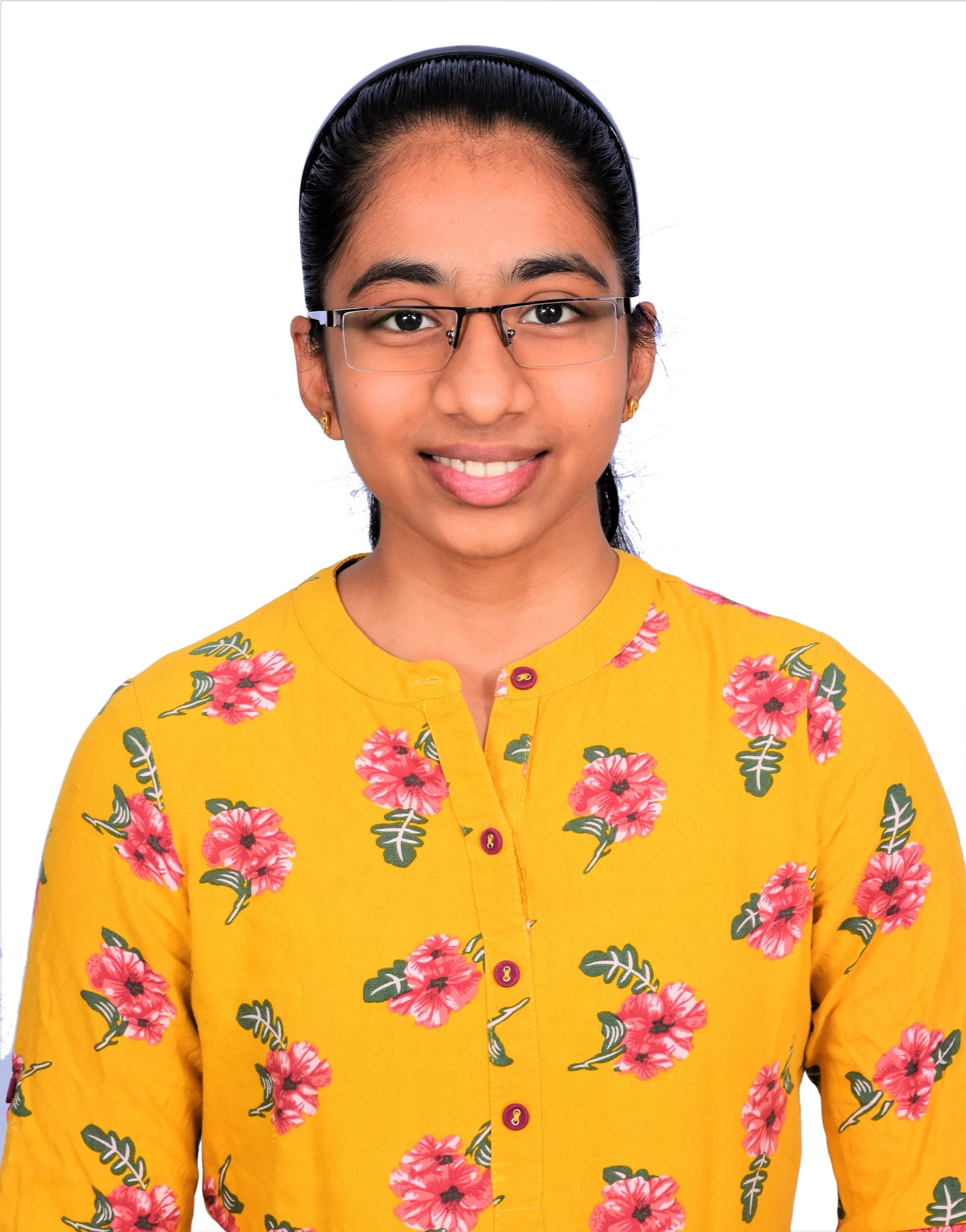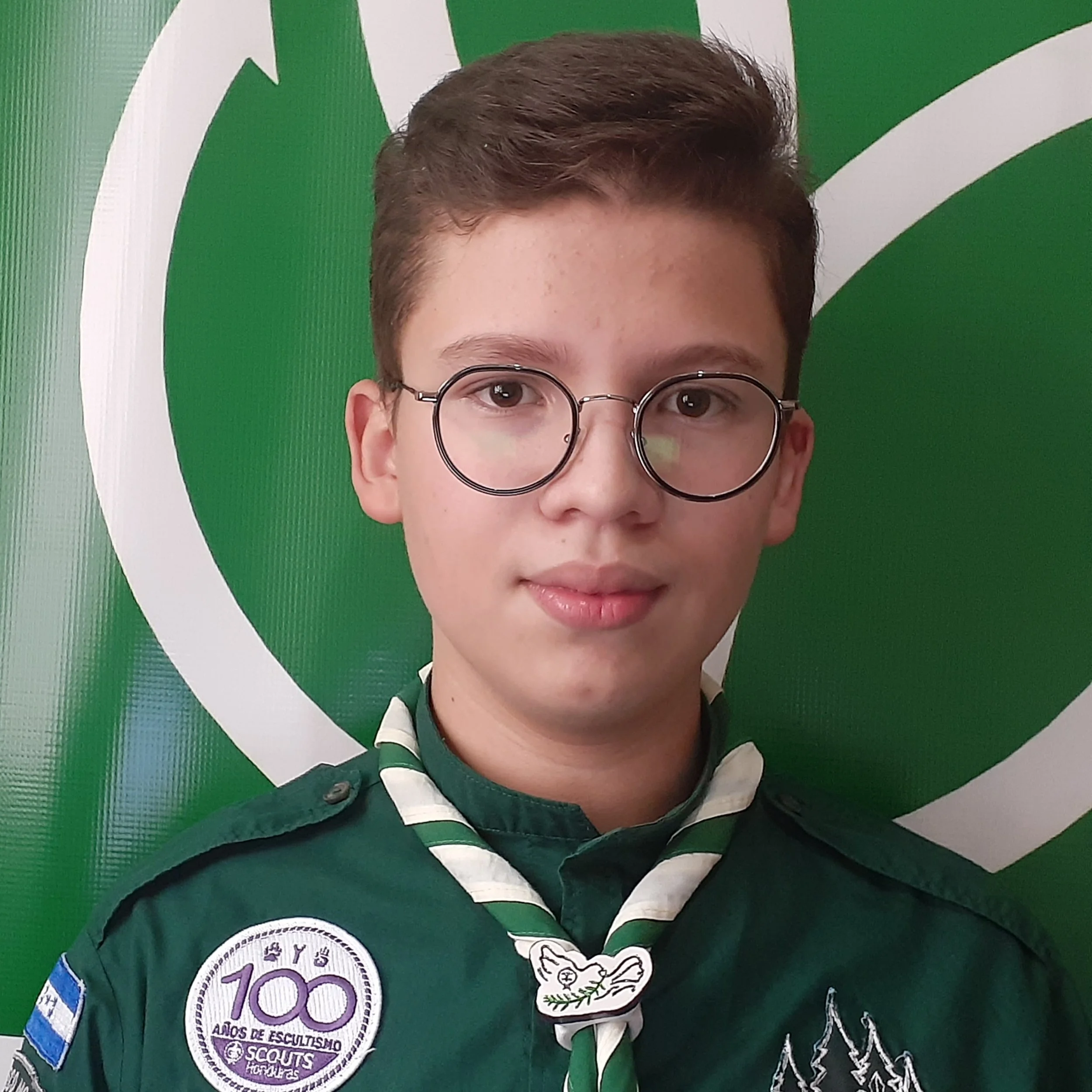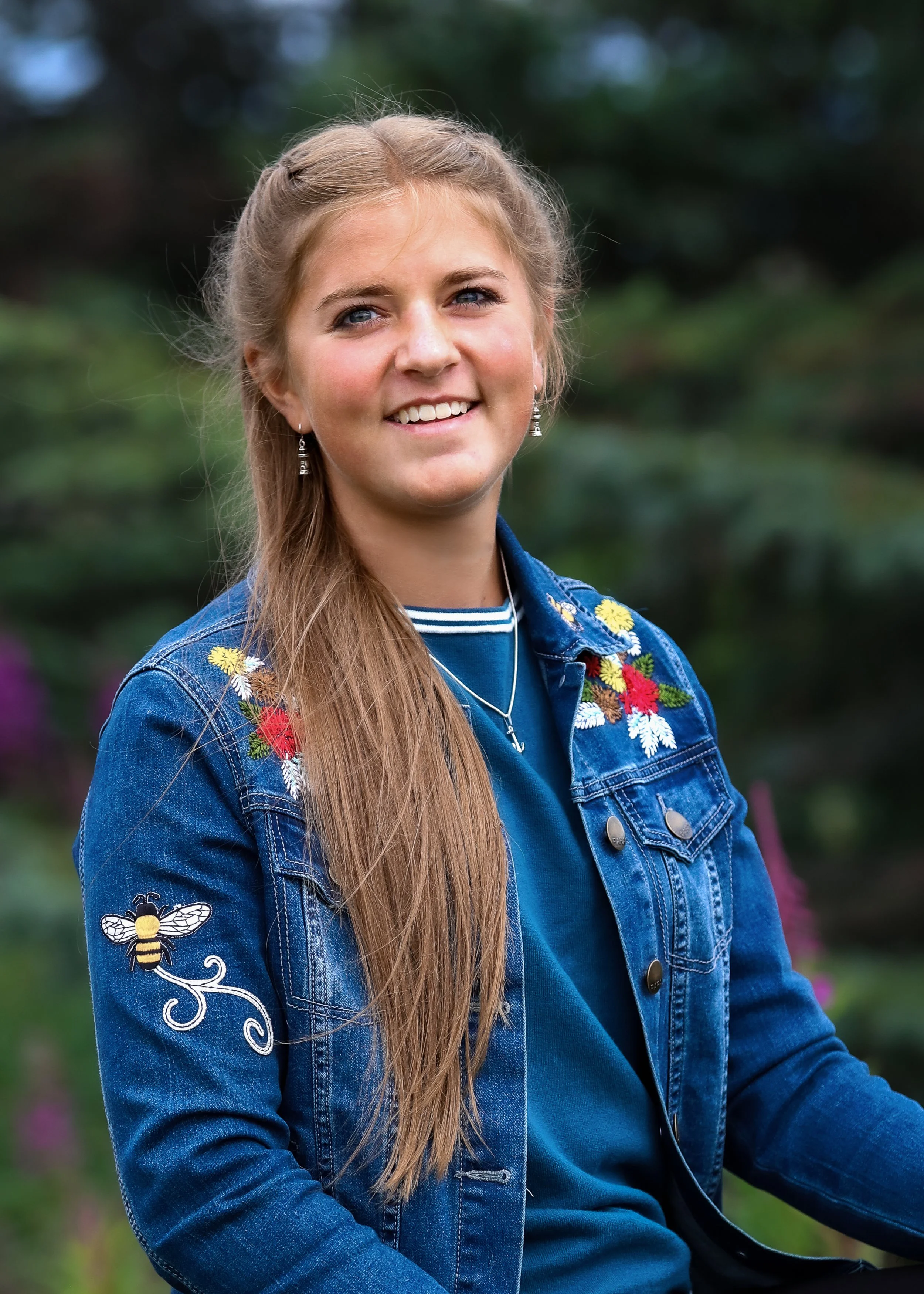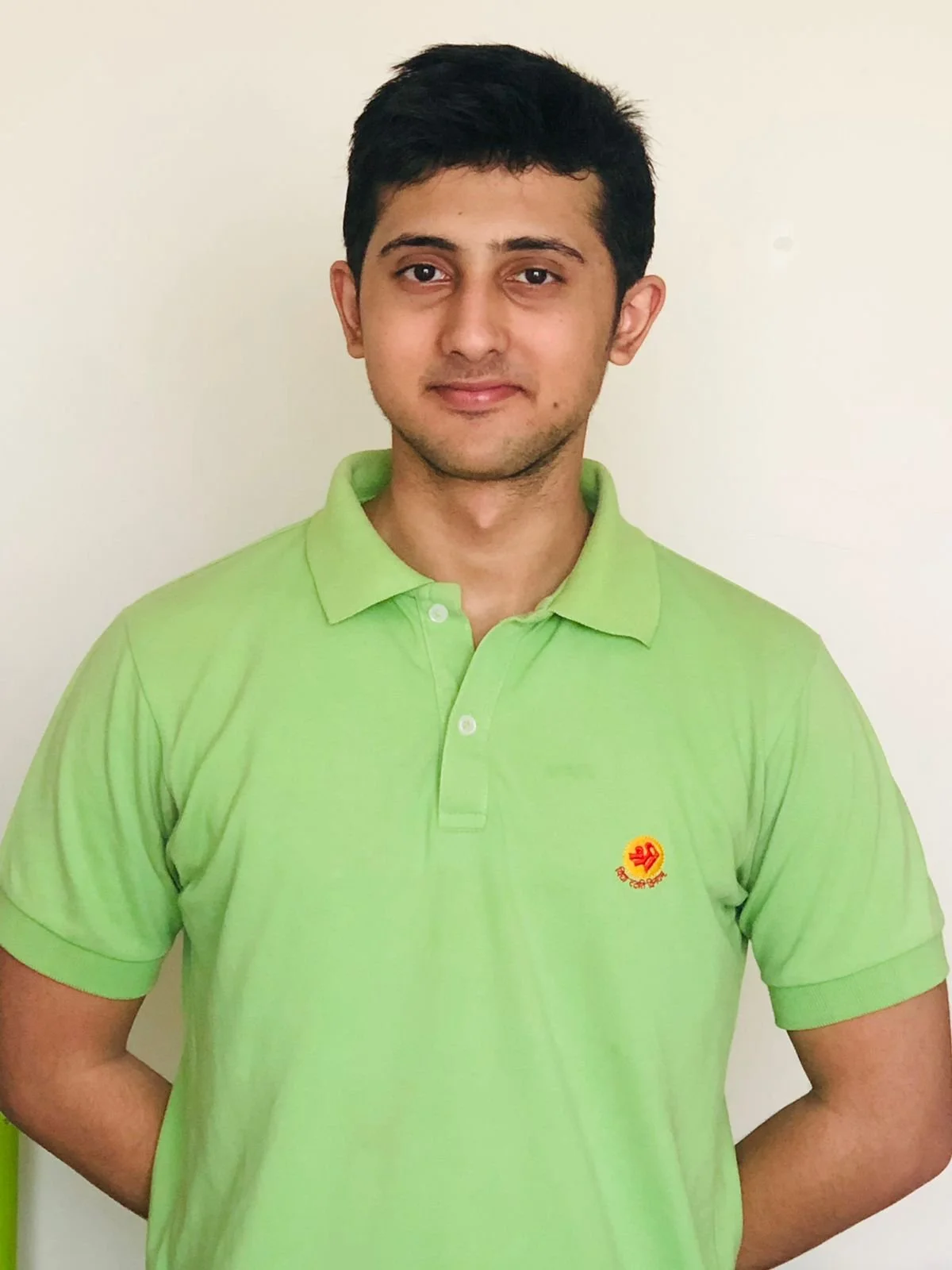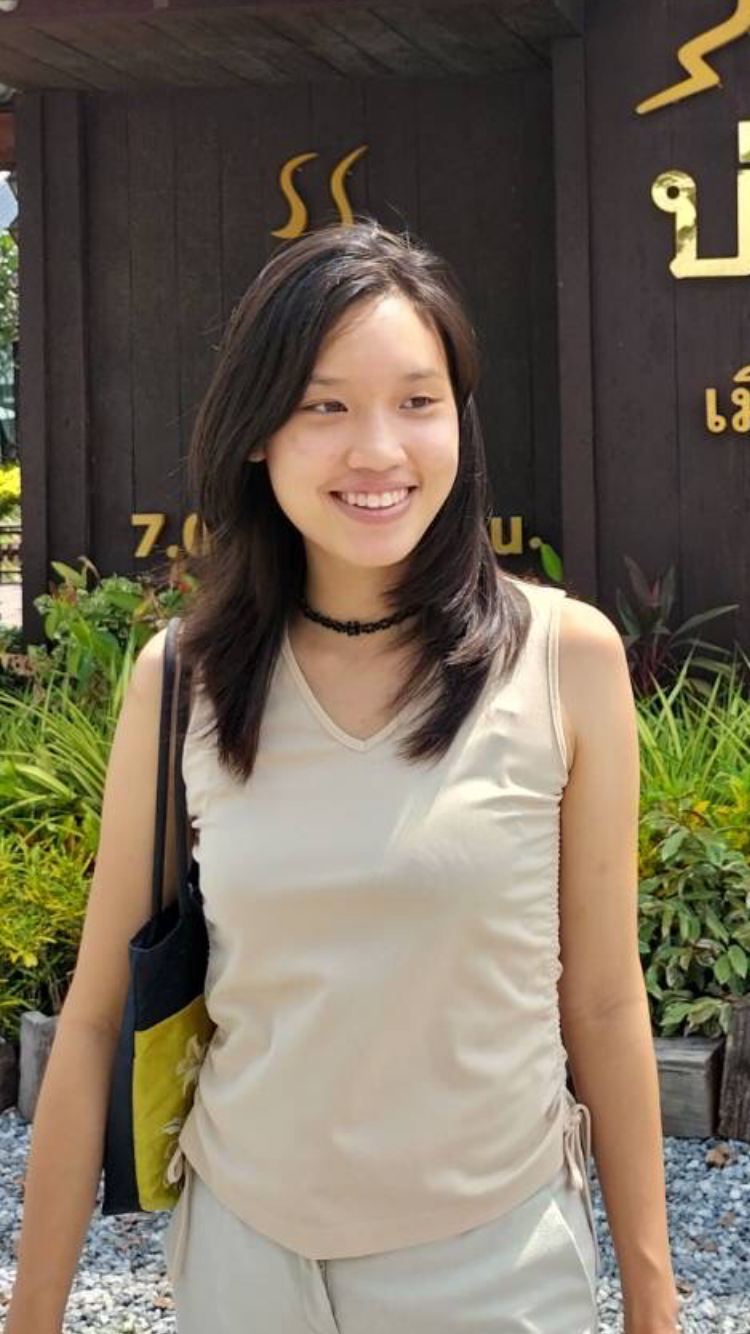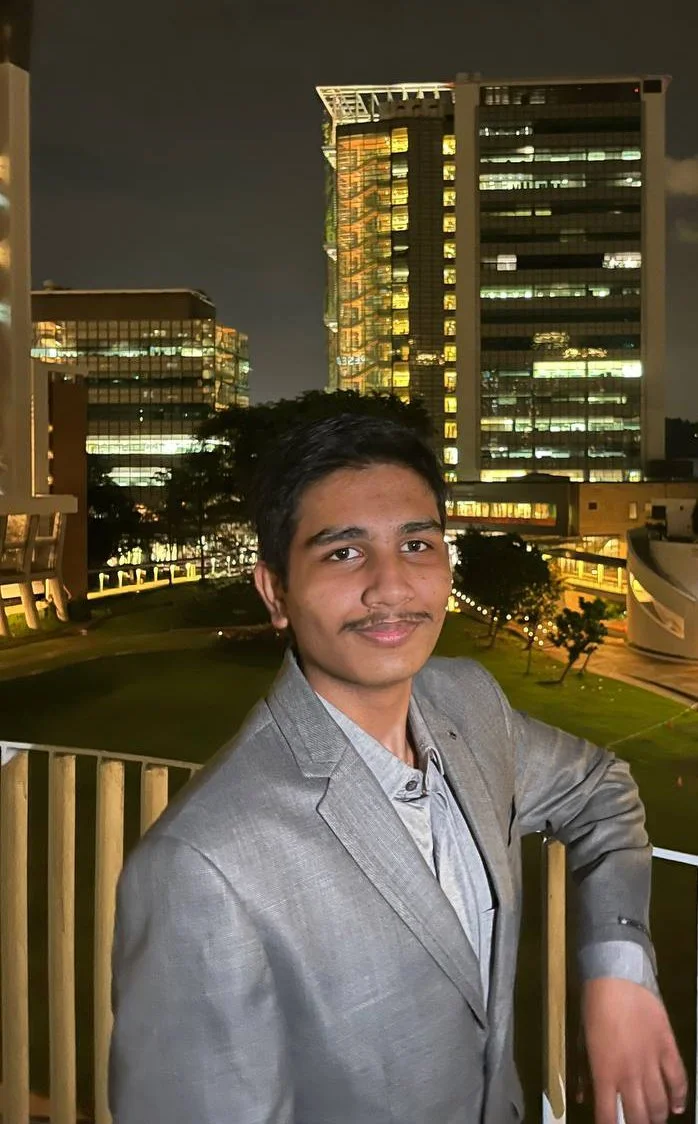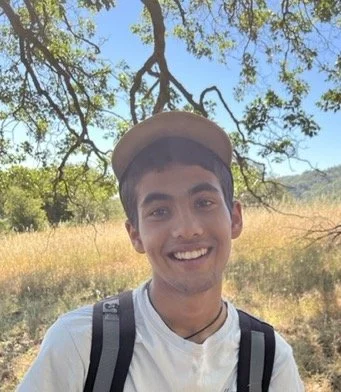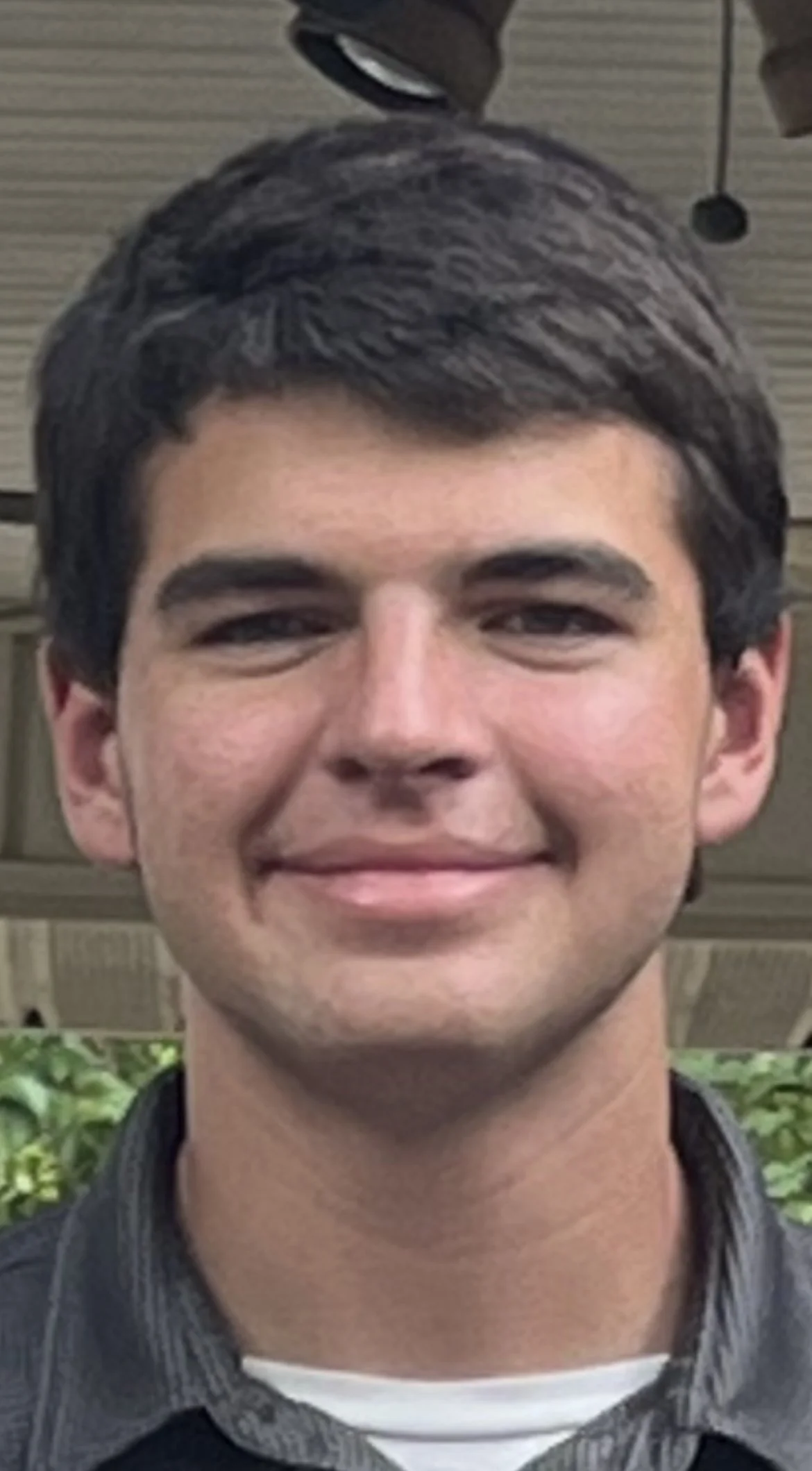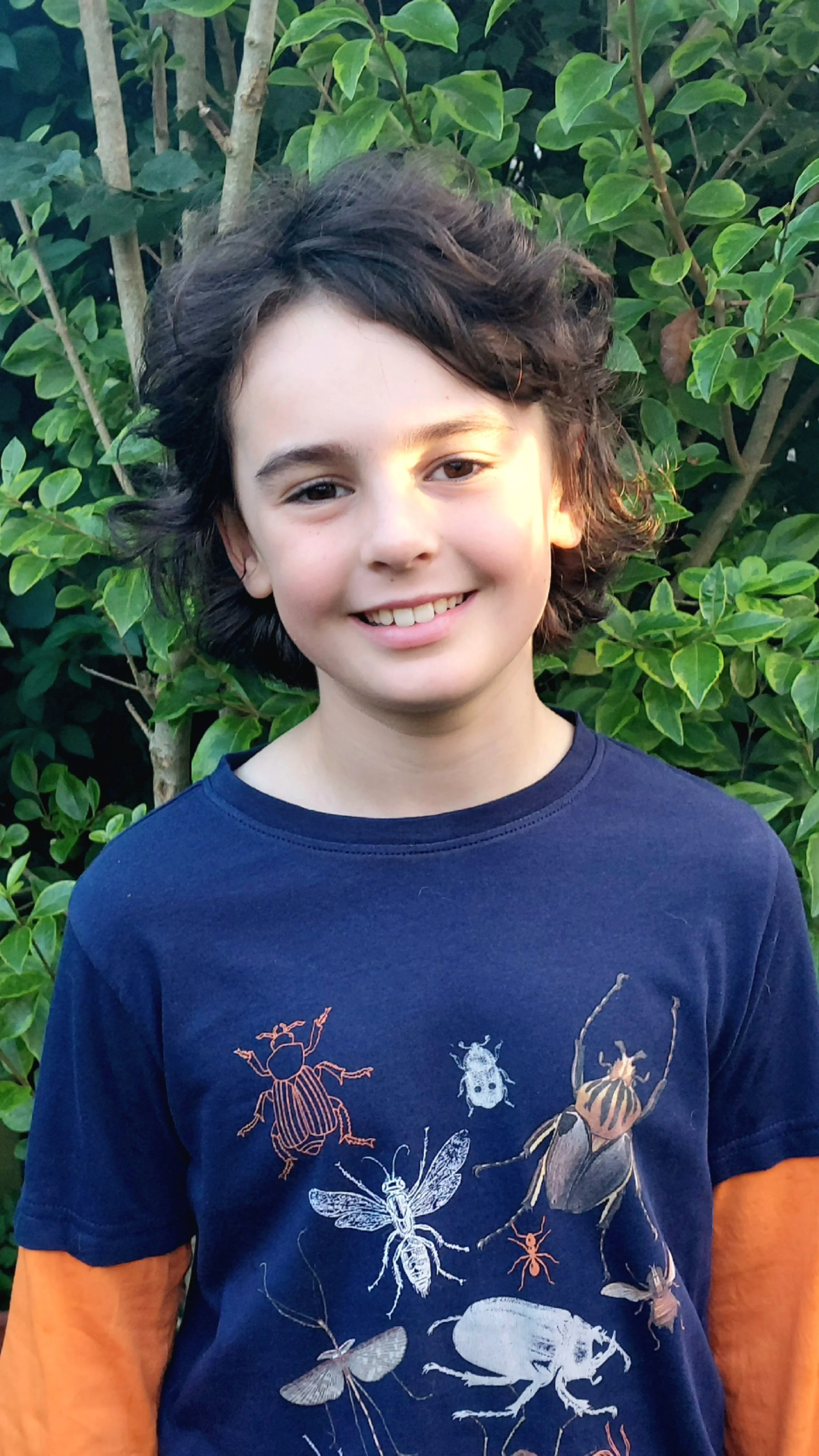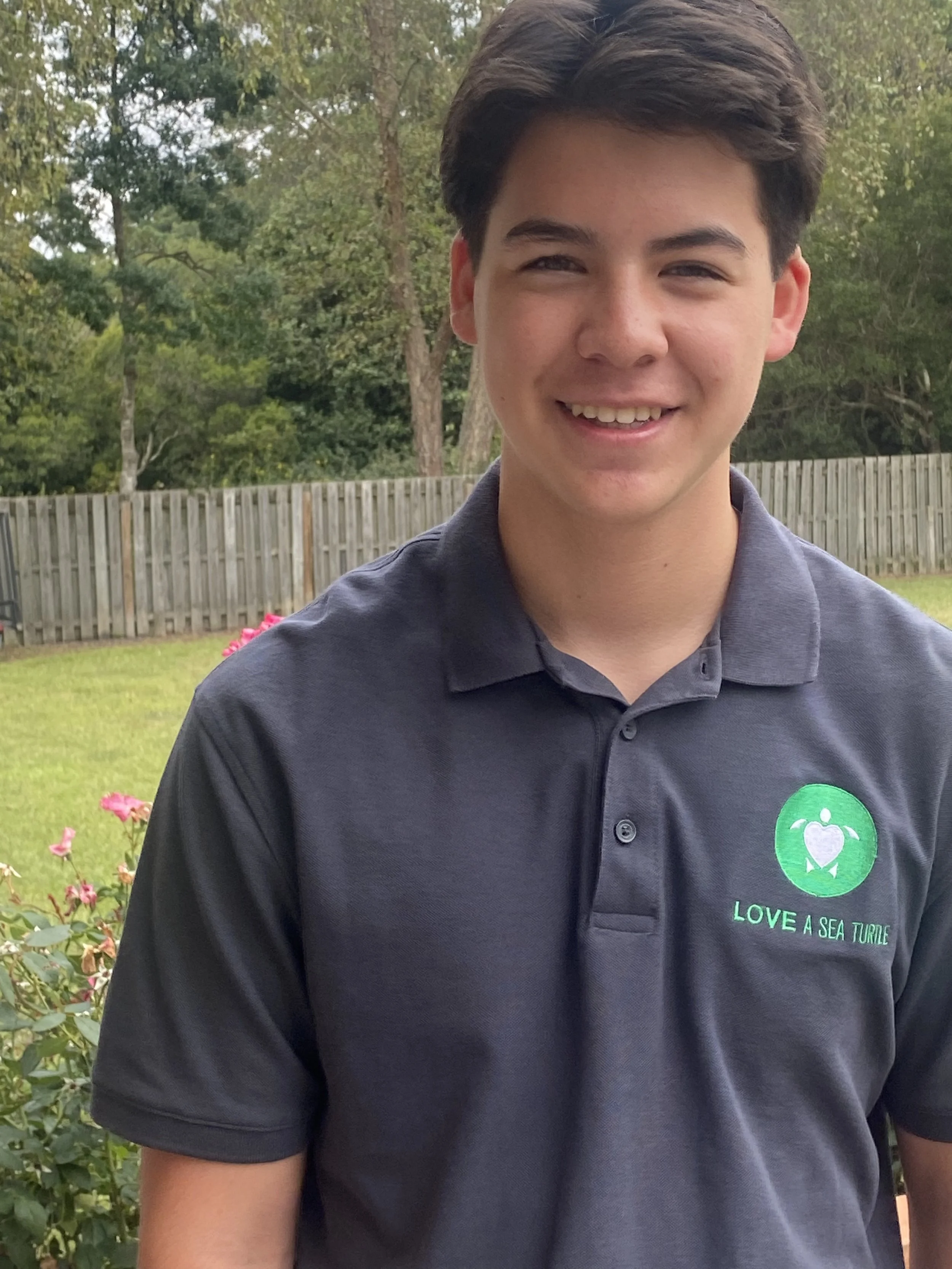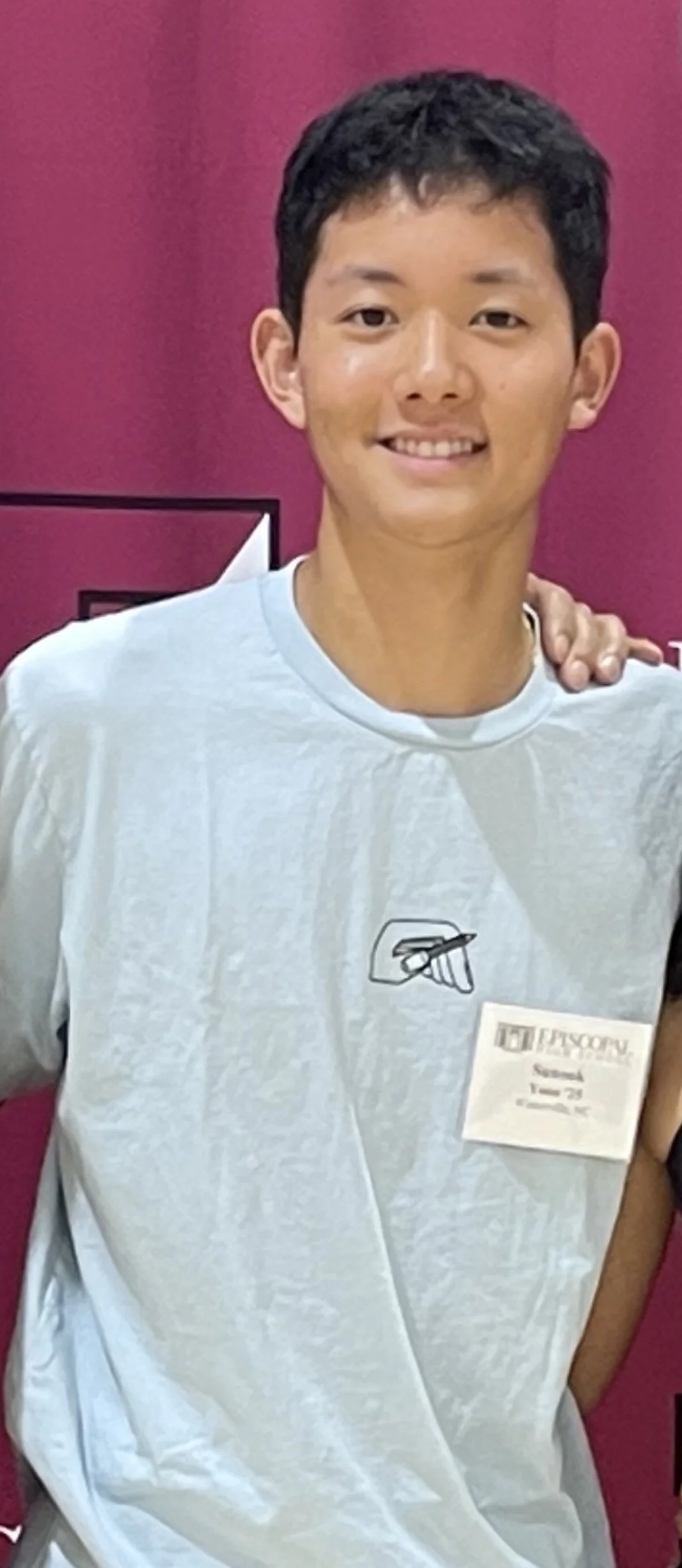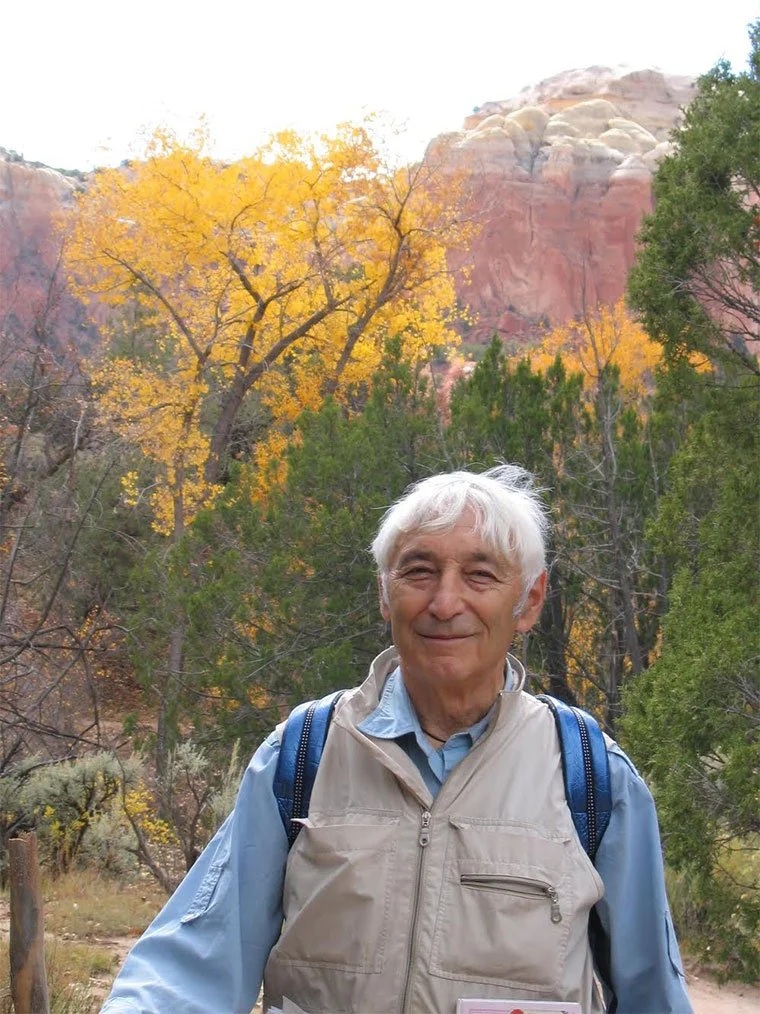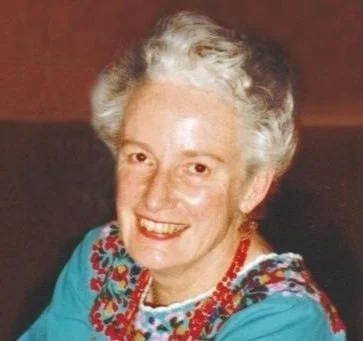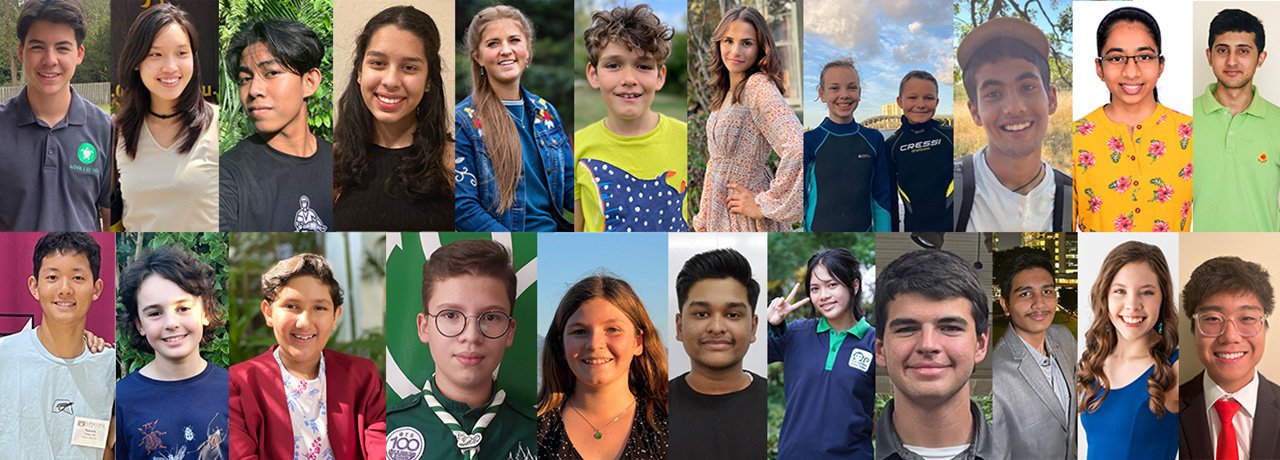
2022 INTERNATIONAL YOUNG ECO-HERO AWARD WINNERS
Meet the 2022 Eco-Hero Award Winners, Young Environmental Activists Leading Innovative Solutions to Global Challenges
2022 International YOUNG Eco-Hero Award Winners
Action For Nature is proud to announce our 2022 International Young Eco-Hero Awards, which recognize young people 8 to 16 years old for their environmental achievements. We hope the accomplishments of these outstanding young people will inspire many others to preserve and protect the Earth upon which all life depends.
Winners are divided into two groups, ages 8-12 and ages 13-16. Please note, ages listed below are based on each winner’s age on February 28, 2022. Click here to download the 2022 Press Release.
AGE GROUP 8 – 12
FIRST PLACE
Prasiddhi Singh
Age 9
Tamil Nadu, India
Planting Trees
Prasiddhi Singh has been planting trees since the age of two. Now, at nine years of age, Prasiddhi has created her own NGO Prasiddhi forest foundation, has planted more than 75,000 trees, and has created 21 micro fruit forests. Planting is only the first step, as she also visits her plantation sites to ensure the survival of the trees, and that they are receiving sufficient watering, but not wasting water. She also created 3 community nurseries with a capacity of 25,000 saplings, one with farmers to give livelihoods to them.
Prasiddhi began her forest project with the goals of “enhancing biodiversity until it becomes our culture and to bring people together to collaborate and bring positive change until it becomes our literature.” She has empowered other young people around the world to join her cause of planting trees. She calls them her eco-army and they number 36,000 around the globe. Using presentations both online and in person, Prasiddhi teaches students, corporations, villages, and farmers about climate change, sustainability, and how to be an impact creator.
Dinesh Koyiloth, a representative from Mahindra, her corporate partner, says that Prassidhi is “constantly visiting the plantation site for studying the survival rate of the plants, post plantation. For low-pressure water supply through pipes she suggested replacing the motors, so the pressure of the water is constant and less time-consuming for the gardener to water the entire area. She is also ensuring there is no water wastage at these sites and encourages the local community to use used water for watering the plants.” He also talked about Prassidhi’s target of planting 100,000 acres of trees by the end of 2022. “For this, she is using all her energy and connections to meet more and more people who will be able to support her. She also constantly gets engaged with young kids using social media platforms, spreading more awareness on the environment.”
Wise beyond her years, Prasiddhi says, “Trees taught me to never stop. Even when we cut the trees, they still try to grow. Bees taught me to collaborate. The way bees pollinate the flowers and flowers give nectar to flowers teaches us to work together. The seas taught me to celebrate. Be it a low tide or high tide, we should always find reasons to celebrate.”
Prasiddhi has much to celebrate having twice been a TEDx speaker, being in the India Book of Records, having won the Prime Minister National Child Award in 2021, and globally recognized as the Earth Day Network Rising Star. Most recently Prasiddhi was a winner of The Diana Award, named after Princess Diana, for demonstrating her ability to inspire and mobilize new generations to serve their communities and create long-lasting change on a global scale.
prasiddhiforest.org
facebook.com/prasiddhiforest
instagram.com/prasiddhiforest
linkedin.com/in/prasiddhi-singh
instagram.com/prasiddhi.official
twitter.com/Prasiddhi_O
2nd Place
Sawyer Anderson
Age 12
Fargo, North Dakota, USA
Water Works
When Sawyer Anderson’s father returned from Zambia in 2017, he told her about children who would have to travel miles by foot to obtain water from a shallow pond. Sawyer’s response was, “That’s not fair! Every kid should have clean, safe water.” Her father told her that $50 provides clean water for one person for life, and that began Sawyer’s mission.
After raising $180 by selling lemonade and cookies at her grandmother’s garage sale, she realized she could really make a difference by fundraising on a larger scale. With the help of church volunteers, Sawyer began designing, sewing, and selling bags made of authentic African Chitenge fabrics, raising $26,000 in less than one year to build wells and bring clean water to villages in Zambia. Each bag sold provides the funds necessary to provide clean water for six people, for life.
More than 780 million people in the world are without clean, safe water. Learning that many are hurt and sometimes killed obtaining water, Sawyer wrote and illustrated a book “Water Works”, sparking a movement. Her semi-autobiographical children’s book is published in Vietnamese where it will reach more than 750,000 school children, and in English in Zambia. By 2021, Water Works had gained non-profit status.
Sawyer leveraged her success by working with other non-profit humanitarian organizations with similar missions of clean water for Africa. To date, she has raised more than $1 million in donations, including matches from World Vision and Wellspring for the World, and sales from her Water Works books and Chitenge bags. This equates to more than 72 wells and 22,000 lives saved! Her elevator pitch is: “Buy a bag, save a life, it’s an offer you can’t refuse.”
Sawyer met Coiya Tompkins, the Development Director for Jeremiah Program Fargo-Moorhead, as part of her outreach to educate others about clean water. Having worked with her for four years, Ms. Tompkins says, “Sawyer approaches every life event with a full heart, complete commitment, and a genuine soul. I don’t know too many 10 years olds who would trade the little free time they had to dedicate their talents to raising money for strangers in a third-world country. Many of us look at the severity of Africa’s poverty and find it too overwhelming. Sawyer sees an open canvas and endless opportunities to help.”
With many awards already honoring Sawyer, what does the future hold for this twelve-year-old? “My goal is to not stop until everyone has access to life’s most basic and essential need. Water IS life. Quoting my good friend Chris Pope from World Vision: ‘Water can’t fix everything. But without it, you can’t fix anything.’”
2nd Place
Bianca Noyes
Age 11
Salt Lake City, Utah, USA
Kids Saving the Planet
When former President Trump reduced the size of the Bears Ears National Monument by one million acres, one passionate eight-year-old from Utah set out to change the fate of these public lands. Bianca Noyes spent the next three years in pursuit of her goal. She made paintings of Bears Ears and printed up 100 postcards with one of her images and a message to restore the monument. She then enlisted the help of other young people to sign the postcards in support of her cause.
Bianca wanted to deliver these to someone who could actually make the difference required. Beginning at the top of her list, she asked Presidential candidate Joe Biden to meet with her, and when he came to Utah, he did. She gave the stack of postcards to him and he promised that if elected, he would restore full protection for Bears Ears. During President Biden’s speech as he restored three National Monuments, he described a city where a little girl delivered a bunch of postcards and asked him to restore Bears Ears. President Biden said, “I promised. And it’s the easiest promise that I’ve made in a long time.” News reporters, who interviewed Bianca and her father, then dubbed her with the title, “The Little Girl Who Persuaded a President.”
After her meeting with the President, Bianca wrote an activity book about Bears Ears. Two book release parties were planned but then canceled due to COVID. Instead, she decided to help Native Americans living at Bears Ears by creating and delivering 250 back-to-school backpacks equipped with hand sanitizer, school supplies and copies of her book. She also met with Secretary of the Interior Deb Haaland and gave her a copy of her book, as well as many other Utah elected officials. She is now working on another book to teach kids how to protect places that they care about and the animals that live there.
Bianca has been inspired by her father and a former Eco-hero award winner, Robbie Bond, who recruited Bianca and her brother to be Utah Ambassadors for “Kids Speak for Parks.” It was that connection that motivated Bianca to start her own project to save Bears Ears. While her Bears Ears project is completed with success, she wants to continue making a difference in the world by saving more national parks and protecting endangered animals.
“I want to help and make a difference in the world. I want to save more national monuments, and help protect more animals from going extinct.”
THIRD PLACE
Henry Day
Age 8
Cambridgeshire, United Kingdom
Naturetastic with Henry
With over 50 nature videos to his credit, eight-year-old Henry Day has his own YouTube Channel, “Naturetastic with Henry.” Henry is both knowledgeable and passionate about the natural world and caring for wildlife. With humor and sensitivity, he encourages other young people to explore nature from their own backyards and nearby preserves and parks. “Wanting to add a child’s voice, I have made a series of nature videos documenting my adventures in nature, and targeted videos about conservation, success stories, and what we can do to help. I want to encourage children to reconnect with nature and take practical action to protect wildlife,” writes Henry.
Henry was encouraged to be brave and to start making films by his parents, inspired by renowned Naturalist David Attenborough and Maddie Moate, a British TV personality also involved in introducing nature to children. Henry’s father Matthew shared, “Henry decides what we make films about. Whenever we go somewhere, he gets to decide if we make a video or not, as it’s important to just enjoy our visits and exploring sometimes. Henry has always done the research on facts and increasingly writes the scripts, or just ad-libs if it’s a short video on social media.”
Henry is also a Junior Ambassador for The Wildlife Trust for Bedfordshire, Cambridgeshire & Northamptonshire. He regularly writes articles for their nature newsletter and also makes films for their programs. Louise Rackham, Head of Communities and Wildlife at the Trust, said of Henry, “ His videos demonstrate his enthusiasm and passion for everything wildlife. He has demonstrated through videos how to make solitary bee hotels for your garden, easy ways to make your garden more wildlife friendly, and how to help hedgehogs. To find somebody so young but so committed to his cause is quite a rarity in this day and age, especially when the protection of our planet is so vital. Young people like Henry give you hope.”
Henry recently was a guest at the Houses of Parliament, to celebrate the designation of Tristan da Cunha as a Marine Protection Zone. Chief Islander, James Glass thanked Henry for his “Naturetastic” video about Tristan da Cunha, which describes its remoteness and the many animal species that will now be protected.
Henry’s plans for the future? To be an explorer who makes wildlife films of course! “I’m going to carry on making my films and spreading the message that we need to care for wildlife.”
THIRD PLACE
Cash Daniels & Ella Rossen
Ages 12
Chattanooga, Tennessee, USA
The Cleanup Kids
Cash Daniels and Ella Rossen, singly and together, have made cleaning up the environment their raison d’être. Twelve years old, they are “challenging kids all over the globe to make a difference for our planet in their own way.” They started “The Cleanup Kids” organization in 2019 which focuses on picking up plastic – no matter where it is found – from rivers, lakes, the ocean, or in neighborhoods and towns.
Cash and Ella have set ambitious goals for each of their conservation projects from the use, awareness, and recycling of aluminum to ensuring a food source for South Resident Killer Whales. Their immediate and largest project is the “One Million Piece Pickup.” They have enlisted their peers as well as adults in the US, Canada, and the Bahamas to help them pick up one million pieces of trash. It seemed like such a lofty goal however they are more than halfway to their goal with 600,000 pieces picked up as of July 2022.
Cash is also particularly concerned about the Tennessee River where he lives. It’s more polluted with microplastics than any other river tested in the world. With 5.1 million people dependent on the Tennessee River for drinking water, Cash and Ella know that they must work with larger companies and legislators to create the change needed. “We have learned our voices matter and we can change the world. What we do matters and we won't stop just because someone tells us to "do kid stuff." We have heard that a lot and that these things aren't our responsibility but we kindly disagree. This planet is everyone's responsibility.”
Environmentalist and mentor to Cash and Ella, Jim Abernethy, says of their work, “I cannot say enough good things about these kids. They truly are changing the world, not just by advocating for our environment but by living daily to change it. They don't just talk about it, they are doing it and living it on a daily basis. They are both vegan and take every step possible in their daily lives to prove they mean what they say. I have been around environmentalists and conservationists for most of my life and never have I met someone so young who literally lives and breathes every day to make a difference like these children do. I have had the pleasure to meet some of the most influential ocean conservationists in my time and these 2 are the next generation of leaders to be looked up to.”
In the future, “we plan to continue to address the needs of our blue planet, focused on our rivers and oceans as well as our wildlife. We really want to continue to encourage others to change and help our planet.”
SPECIAL AWARDS
SHIMON SCHWARZSCHILD AWARD
Diana Michaelson
Age 16
Long Beach, California, USA
Long Beach Green Schools Campaign
Diana persuaded the Long Beach Unified School District (LBUSD) in California to adopt a Board Policy to implement 100% clean energy via a commitment to only purchase zero-emissions vehicles and machinery, thus transitioning the third largest school district in California completely off of fossil fuels by no later than 2045. This was not an easy or quick accomplishment. It is the result of Diana’s hard work, communication skills, and persistence over a period of two years.
Solely responsible for initiating this project, Diana founded the Long Beach Green Schools Campaign, with the goal of transitioning LBUSD to 100% Clean Energy in the electricity sector by 2030, and all other energy sectors by 2040. She started the campaign as a sophomore in high school in 2020 after becoming a Trained Climate Reality Leader. She organized other students and reached out to some of the most powerful people in the district and city for support. She understood more than most adults about solar power, climate change, the way electricity grids work, and big-picture urban planning. It was therefore frustrating when adults did not take her and this student initiative (the Long Beach Green Schools Campaign) seriously. Diana, however, gained the respect and cooperation of adults, leading one teacher to remark: “She is the one on the phone with the authorities. She calls board members. She is fearless.”
For two years, Diana attended bi-weekly board meetings, created press releases, assisted speakers in writing their speeches, obtained petition signatures, and grew coalition partners and community support. This was not an “us versus them” situation, explains Diana. “We all understand the importance of clean energy and need to work together to figure out the most logical approach.” Diana designed a website to clearly show what steps people could take to assist the campaign, and she joined many local community Facebook groups to introduce herself and post upcoming events.
Finally, the day came when the Board of Education met to formally consider the Green Schools Campaign Board Policy. Diana stayed up until 2 a.m. the night before, emailing people to attend and speak. She, of course, also spoke with passion and persuasion. As a result of the campaign efforts of Diana and her fellow students over two years, the policy was adopted unanimously. This is Diana’s legacy – at only 16 years of age. Congratulations Diana!
“I want my kids to one day experience the magic of nature and the tide pools. I want them to watch the crabs skitter across the rocks and see the sea slugs grazing for bits of algae. And the only way they will ever be able to see this is if we take action. NOW!”
DR. MARY GRIFFIN-JONES AWARD
Linh Nguyen
Age 14
Hanoi, Vietnam
A Piece of Forest for You
Since sixth grade, Linh’s dream has been to help trees. When she was young, Linh traveled with her family to several forests. However, when she returned to her home in the city of Hanoi, she realized that many children there would never be able to breathe the cool forest air and would not understand the value of forests and the need to protect forest ecosystems.
So, with two friends, all 12 years old at the time, she developed, wrote, and funded the publication of a book entitled: “A Piece of Forest for You.” The book provides interesting information for children about what a forest is, its trees, plants, and animals, and why its protection is important. It received a lot of media attention, the first 2,000 copies sold out, and now the book is in its second printing. Over $4,000 in book sales was donated to the Forest Plantation Fund for the Meo Vac District in the Ha Giang Province of the Ministry of Natural Resources and Environment. Linh continues to visit schools and festivals to promote the book and to raise awareness about the importance of forests.
“I hope that through the book, I can provide knowledge for young people, especially children living in urban areas so that the young generation can understand, love, and protect forests. Besides, through the sale of books, I want to take practical actions to contribute in planting more trees.”
Before publishing the book, Linh was already well known in Hanoi for calling for the principals of schools to not release balloons during opening ceremonies in order to protect the environment and wildlife. Many schools have now participated. Besides continuing her work to spread forest awareness, Linh is now a leader in a mangrove conservation project called Mangrove Xuan Thuy.
At the end of July 2022, she received the Vietnam Environment Award, the highest environmental award for individuals presented by the Minister of Natural Resources and Environment.
“While climate change is affecting us all, children are the most affected.”
AGE GROUP 13-16
FIRST PLACE
Vinisha Umashankar
Age 15
Tamil Nadu, India
Solar Ironing Cart
Vinisha noticed that there were at least six ironing carts in her neighborhood. Altogether, in India, there are an estimated ten million such carts, and more in other parts of the world such as Asian and African countries.
The typical ironing cart has a roof and a heavy cast “iron box” which the vendor must spend 20 minutes several times a day heating up, in order to do the ironing for local households. Typically, the fuel used for these carts over a 300-year period has been charcoal. This means that healthy trees are cut down and burned, thereby polluting the air. She decided there must be a better way, and, aware that India has a hot climate and lots of sunshine, she set to and designed a solar-powered cart. The solar ironing cart could save millions of trees, reduce pollution, and will be less costly than charcoal, thus improving the vendors’ profits. “Cutting trees for making charcoal is really insane!” says Vinisha.
Vinisha’s plan is to scale up the production of the carts, starting with twenty in her own town, then 100 for the state, and then going to the national level and overseas. Through competitions, Vinisha’s idea has received national and international interest. In 2021, she was one of five people in the world (the only student) to receive an award from the new Earthshot Prize, founded by Prince William of Britain. As a result, she will receive their help in scaling up her innovation.
Speaking about the power of youth and the need for adults to take climate change action, Vinisha has received worldwide attention. She has given hundreds of interviews, innovation talks, and motivational speeches to over 25,000 schoolchildren. Her speech alongside Prince William at the United Nations Climate Change Conference (COP26) in Glasgow Scotland, in front of world leaders, went viral, resulting in her being an invited keynote speaker at the Austrian World Summit in Vienna, and at the GreenTech Festival in Berlin, Germany. Still finishing school, Vinisha strives to combine her continued studies with her travels, the upscaling of the ironing cart, and the development of other innovative ideas.
“I am very keen on an innovation that reduces or eliminates the use of charcoal for cooking. It is hard to pick an innovation over another as each innovation is unique on its own merits. I am working on a couple of innovations, which can empower the less privileged in developing countries. I hope to get up every morning with an innovation that can make the world a better place.”
linkedin.com/in/VinishaUmashankar
twitter.com/VinishaOfficial
instagram.com/vinishaumashankar
SECOND PLACE
Francisco Marin
Age 16
Francisco Morazán, Honduras
Jum Te Rum (Paper, Tree, Earth)
When he was just 12 years old, Francisco started a project he called Jum Te Rum, which means “paper, tree, earth” in the Mayan Chorti language. His aim is to help the environment through reforestation, recycling, and educating and raising awareness among young people about climate change.
Francisco raised enough money from gathering and selling one thousand pounds of recycled paper to purchase 150 mahogany tree saplings, which were placed in a nursery until they were strong enough to be planted in areas damaged by deforestation. He donated additional funds from recycling to a nonprofit for the blind.
In Honduras, he explains, climate change issues are not addressed well in the schools. Since his father is an educator, he decided to inspect school curriculums 1st through 9th grade to see how recycling was taught. He created and distributed a questionnaire to 340 teenagers in four schools. It was discovered that the biggest gap in knowledge is on climate change. People have heard about climate change but cannot understand the details of it. “Unfortunately,” he says, “climate change affects the poor people the most.”
Consequently, students do not know about such issues or know how to act in the face of climate change problems. He is working on a government declaration to get curriculums into schools covering the natural sciences and climate change. To raise awareness, he has appeared on prominent television stations and has written articles for the press.
Francisco is converting his project into a network of young people and has already trained two hundred students about climate change issues. As he works to get the climate change curriculum into schools, he is going to do everything possible to be able to travel to the COP 27 Conference as a delegate from Honduras.
“My goal is to reduce the effects of climate change through the improvement of the educational system.”
SECOND PLACE
Anna DeVolld
Age 16
Soldotna, Alaska, USA
Promote Our Pollinators (P.O.P.)
In 2018, Anna DeVolld created Promote Our Pollinators (P.O.P.), an environmental program designed to educate others about the importance of pollinators, why their numbers are declining, and what action can be taken.
It all started because Anna loved gardening. When she observed bumblebees attracted to her flowers, she did some research. She learned that pollinators are crucial to the creation of food and sustainability of plants and according to the United Nations, are responsible for the reproduction of over 75% of our food crops. Alarmingly, pollinators are decreasing due to habitat loss and pesticides.
In order to foster pollinator health, Anna designed “Pollinator Packs” – six-pack pots containing six different pollinator-friendly seedlings to be placed in urban areas. Each spring, she has grown 150 of these packs and distributed them to local businesses and organizations. She also organizes events for participants to plant their own Pollinator Packs, and she has created a logo and designed promotional items such as reusable tote bags, buttons, stickers, and plant stakes to raise pollinator awareness and interest. She is able to continue her program due to her successful fundraising efforts of nearly $6,000. Her Facebook page shares pollinator information, and she has built an online class and in-class Curriculum Kits for teachers and homeschool families. Curriculum Kits contain everything a teacher needs to teach a unit on pollinators: lesson plans, activity books, and Pollinator Pack supplies, along with P.O.P. stickers, plant tags, and reusable tote bags.
Since 2018, Anna has worked tirelessly, reaching thousands of people with her message at community presentations, public booths, classroom lessons, and social media. She has grown and helped plant over 2,000 Pollinator Packs in Alaska; that’s over 12,000 plants for pollinators! She has also collaborated with local cities to design and install permanent signs in eight pollinator-friendly locations. She is currently encouraging the planting of pollinator corridors along roads and is serving on an environmental government advisory commission.
“I am most proud of how much my community has supported P.O.P and accepted it as something they do in their everyday lives. I’ve seen what a difference it has made – gardens, signs in gardens; people come up to me all the time saying they are planting for pollinators due to my presentations … companies and teachers contact me for events and curriculum.” Anna is truly a leader and influencer.
SECOND PLACE
Adhi Daiv
Age 15
Haryana, India
Urvara: Converting Dry Wasteland into Fertile Ground
Adhi Daiv was born to a farming family in the arid western Indian state of Rajasthan and raised by a single mother. Growing up, he heard stories of the hardship faced by rural communities in the region, especially women and children, due to water scarcity. The lack of water for inhabitants, crops, and livestock is a major crisis.
Wanting to find out what could be done about this, Adhi, a serious student, did extensive research. He discovered the One Liter Water Technique – a proven method developed by Padma Shri Awardee Farmer Sundaram Verma, from whom Adhi obtained advice and support.
Eager to introduce this method which he called the Urvara Initiative to outlying rural districts, Adhi contacted rural schools, local farmers who use traditional methods, and government officials. It was not easy for these people to trust the recommendations of a teenager, but Adhi’s excellent communication skills won them over. A large team of hundreds of volunteers was then recruited and trained to implement the idea.
The plantings can only take place in the monsoon season when rain is plentiful. The sapling tree is inserted into a deep hole which is filled with one liter of water and then covered up. As the climate turns dry, the tree’s roots stretch down into the aquifer allowing the tree to grow. The aquifer naturally replenishes when the next monsoon season arrives.
Of the 2,200 native trees planted on twelve acres of land, ninety-five percent have survived, providing green areas for schools and villages, shelter and fodder for abandoned cattle, and, when the trees bear fruit, nutritious food. The trees have saved an estimated 725,000 liters of precious water that traditional irrigation methods would have used. The first plantings were in 2020. Following the successful pilot, more trees were planted in 2021, and more locations will be added in 2022. The trees will impact the lives of thousands of people.
When not involved in his Urvara Initiative, Adhi loves cricket and debating, and he was accepted as a member of the Climate Reality Leadership Corps at 15 years old. “This has been a life-changing experience for me,” says Adhi, “no one should have their lives crippled due to a lack of basic natural resources, an unfortunate harsh reality for many in Rajasthan and beyond.”
THIRD PLACE
Jessica Ong
Age 16
San Diego, California, USA
Toys2Care: Upcycling Used Toys for Low-Income Kids
Jessica Ong learned at a young age about the extreme amounts of waste produced by developed countries when she moved to the United States from Thailand at the age of 7. She was shocked to see people cutting the crusts off their bread and throwing away dirty clothes. “In Thailand, we would use bread crusts to make a dessert or turn the clothes into rags to clean things. The concept of throwing things away was foreign to me.”
When Jessica found out that 80% of usable toys end up in landfills after only 6 months of use, she wanted to do something to prevent the needless waste. She decided to start preserving the planet one toy at a time while also providing some cheer to children in need. “When I heard about children not getting toys, it did not make sense to me that children had to go without when so much was being thrown away. We have resources, we have the kids who need it, we just needed something to connect them.”
In December 2020, Jessica founded Toys2Care (T2C), which relocates toys from privileged communities that are able and willing to give toys and gifts to those that need them. By collecting toys that neighbors and friends throughout the community were going to throw away, T2C serves thousands of families living in San Diego who are unable to provide gifts for their children during birthdays and holidays. By setting up toy giveaways in areas where there’s a very high rate of poverty, T2C has been able to effectively turn trash into treasure through simple redistribution.
Through the help of social media platforms such as Nextdoor and Instagram, Toys2Care has now grown to include over 40 teen ambassadors across several countries, seeking to continue this grassroots movement in their own communities by collecting and distributing locally. With branches in Thailand, Indonesia, Australia, Brazil, Hong Kong, Japan, England, Canada, and the United States, Jessica’s global movement has provided over 10,000 children with holiday gifts.
Jessica also designed an app called ReachOut which connects youth organizations looking for help with teens looking to expand their experiences, providing all teens with opportunities to serve, lead, and grow. In the future, she hopes to become a physician and to continue her work to bridge the gap between people who are separated from society and including them.
“We as humans have this instinct to help other people. We can’t ever forget that we only have each other.”
THIRD PLACE
Sushil John Amalor
Age 16
Nairobi, Kenya
Improved Food Circularity
In 2018, Sushil’s family went through a difficult phase of time. He realized the importance of food and that many people were in a similar situation as his family and him. He even could not go to school but a year later, Mrs. Radhika Lee of Nairobi International School, gave him hope to get back to school. Her actions made Sushil think about how he could return the act of kindness that he had received to the people in his community. Despite the difficult situation his family was in, he went ahead to help his community during the tough COVID-19 times.
Sushil started small, with bake sales and car washes to help the community. He interned at the Africa Union on Fish and Agriculture where he researched how to grow crops in Kenya and how to use the fishing industry to increase crop growth through fertilization. Once he identified the trees that would do well, he canvased to raise money to procure 2,500 seed balls. Sushil then started planting the fruit trees on the outskirts of Nairobi where the climate had recently become very dry due to climate change. The fruit produced by the trees — pawpaw, avocado, mango, oranges — allowed him to start up a food bank to provide nutrition to his community and also help to combat desertification and support a healthy environment in Sub-Saharan Africa.
“Procuring the funds to purchase the trees and building trust with donors as I went door to door was my biggest challenge. When the project was finished, I documented with photographs that I showed to the donors so that they will continue to donate. We made $200. This does not sound much, but it’s a lot of money in Kenya.”
Sushil then successfully started implementing food circularity in his community by partnering with local supermarkets and restaurants to collect food headed to the trash and get it to hungry people in need. All the food that would otherwise be wasted is now successfully supplied to children's homes and nearby schools on a regular basis. Not only does this program strengthen the community, but it also reduces methane emissions (a greenhouse gas even more potent than carbon dioxide) created from food waste, which increases global warming. At least 25% of today's global warming is driven by methane from human actions.
Sushil is now in the process of organizing a climate change conference that would bring together young African leaders that are passionate about the environment. In the future, he plans to work on a double major in environmental engineering and international relations and continue to bring about change by working for the United Nations. He is also participating in COP27 representing his school.
“My goal is to establish food sustainability. I want to provide food to the needy and also protect the environment.”
HONORABLE MENTION
David Yoon
Age 16
Greenville, North Carolina, USA
Plastic Free NC
In 2009, David Yoon and his family started to spend every summer in the Smoky Mountains, fostering his appreciation and respect for nature. David’s desire to help protect our natural resources led to his involvement with Love A Sea Turtle (LAST), a non-profit organization founded by former Eco-Hero Casey Sokolovic, dedicated to preserving our environment. Through LAST, he experienced first-hand the power of a collective youth voice and decided that he wanted to create change in his community. Thus began his journey as an environmental steward and advocate.
Of the 40 million tons of plastic waste generated in the United States last year, only 5-6% was recycled – leaving roughly 85% being sent to landfills and 10% incinerated. David decided to encourage youth empowerment and take action to solve the serious issue of plastic consumption. He started by coordinating a successful sticker campaign to promote sustainable practices led by local businesses, social-media campaigns ranging from #SkipTheStraw to #OneLessBottle, community reusable bag and bottle giveaway events at East Carolina University (ECU), and public presentations at local city-council meetings, environmental rallies, and university sustainability film showings.
In 2019, David founded Plastic Free NC (PFNC), a continuously expanding youth-led umbrella organization dedicated to combating multiple environmental issues on diverse fronts, mentoring other youth, and serving the community. Over the course of just three years, Plastic Free NC has mentored over 250+ youth, assisted in the donation of 30,000 lbs of produce to 400+ at-risk families, been invited and spoken at over 25+ international conferences, seminars, and trainings, and raised around $2,500 to fund student-led initiatives, and have spread over 625+ PFNC stickers across our nation.
David also oversees around ten different youth-led initiatives, each with nearly 15-20 members, under a network of environmental leaders that he created to provide resources and mentorship, inspire collaboration with diverse perspectives, and maximize collective impact. Additionally, he has been a member of the Love A Sea Turtle – LAST Student Advisory Board for the past four years, guiding the overall direction of the parent organization.
“Plastic Free NC has allowed me to experience first-hand the effects of plastic pollution in our environment, so I understood the need for change – and became that change.”
loveaseaturtle.com/plastic-free-nc
google.com/plasticfreenc
facebook.com/Plastic-Free-NC
instagram.com/plasticfreenc
HONORABLE MENTION
Sparsh
Age 16
Bihar, India
The Thermal Floater Energy Converter
Sparsh was inspired at an early age to improve renewable energy technologies, a critical area to enhance sustainable practices with lots of room for improvement. After researching solar-thermal energy, he learned how inefficient current technologies are. They use large spaces of land to build up factories and use the concentrated heat to boil up water, creating steam and rotating the turbine. A large amount of energy is lost in the conversion process.
Sparsh wanted to create a device that could replace solar panels and have the potential to change the renewable energy market entirely. After a long ideation process over almost two years, he came up with a design called “The Thermal Floater”, a device that efficiently converts the solar-thermal heat from the sun into electricity more efficiently than the solar panels and in a smaller area. The complex mechanical system can generate electricity up to 10 kWh per day and has a modular design that can easily be connected with similar modules to create an array for supplying power to utilities and off-grid facilities.
Sparsh is now working on successfully simulating his model and improving the materials needed so that the prices can be reduced and efficiency can be increased. He has reached out to metal 3D printing companies to get prototypes ready for various physical stress and thermal tests to achieve maximum efficiency.
Sparsh wants to redefine renewable energy by bringing The Thermal Floater to market as soon as possible after prototyping. He’s already conducted market surveys and interviews with people from all over India to incorporate their suggestions. All of the people he’s interviewed have been very excited and passionate about such a product coming to fruition.
Sparsh has learned so much throughout this process, from 3D Modeling animation and rendering, to honing the necessary entrepreneurial and communication skills for fundraising and improving his design. He plans to continue his passion for technology and engineering in the future and already has several other innovations to his name: ‘SCARR (Sewage Clog Assertion Remover Robot)’ - a wirelessly controlled robot to clean and unclog the drains; 'Sunken Torch’ - a handheld device that can produce enough electricity from the heat of your body to light up an LED; 'Hacker Detector' - a physical device which alerts users that hackers may be trying to collect their data.
“My aim is to reduce global carbon emissions and spread green and renewable energy throughout the world by the end of the decade by building a global network and creating momentum.”
HONORABLE MENTION
Vedant Janapaty
Age 16
San Jose, California, USA
Fire Prevention
Since 2017, California has been in a severe drought which led to unprecedented fires in the last few years across the state. These devastating mega-fires destroyed 4.5+ million acres of land, released toxic fumes, causing extreme heat, and significantly strained fire agencies and local communities.
Vedant Janapaty has been passionate to find solutions to the severe impacts of climate change since middle school. Living close to some of the devastation and having a strong desire to help the environment, he decided to find a way to prevent future fires with preemptive measures.
Vedant first successfully demonstrated that sub-surface irrigation is eight times more efficient than surface irrigation. Over the last few years, he started working on modeling, predicting, and innovating methods to reduce fire damage. His goal was to identify geographical areas with a high propensity for fire damage using satellite data and machine learning models and advocate action for mitigating such damage through proactive land management.
After learning that the risk of fire damage is further aggravated by non-native species (i.e. Eucalyptus), Vedant started working with environmental agencies such as Grassroots Ecology and Elkhorn Slough Foundation to advocate the need to expeditiously remove non-native species from high fire-prone areas. He volunteers to remove non-native species in the San Francisco Bay Area and recently received docent training at Elkhorn Slough from the California Department of Fish and Wildlife.
Beyond his passion for protecting the land, Vedant founded the Science National Honor Society (SNHS) at Silver Creek High School in hopes of inspiring students toward environmental stewardship. Currently, SNHS is undertaking a project to build a native garden and educate the student community on the importance of native plant species. He is also leading an Eagle project with Troop 294 to help Grassroots Ecology with tools required for native plant restoration in hopes to inspire other Scouts to take up projects on native habitat restoration.
“I am most proud of the potential impact of the fire model on people. I have family and friends who have lost houses and property in the recent fires. The prediction potential can save lives and can identify areas where proactive steps can reduce the potential of fires – like replacing invasive species with native species.”
Notables
Deeya Viradia
Age 16
San Jose, California, USA
FloodFinder
Using established data, Deeya designed a FloodFinder application to be used by citizens and emergency personnel during and after flash flooding with the goal of using real-time data to enable fast action during flood emergencies.
Dipta Darma
Age 15
Bali, Indonesia
LIQUIFY
Dipta, through a project he calls LIQUIFY, has been raising awareness among thousands of people about groundwater depletion and pollution, and lack of clean drinking water. He installed a fully functional recharge well in his village and helped design and build an underground water catchment system at his school.
theonedropsolution.wixsite.com/liquify
instagram.com/liquify_bali
Roman Phillips
Age 16
Fort Mill, South Carolina, USA
Stream Clean Up
Roman organized local stream cleaning events, often involving up to one hundred people. He has recycled 3,000 pounds of plastic film and removed over 13,000 pounds of garbage from nearby streams. He took soil samples to study microplastics in the water and educated his local community about recycling and anti-littering.
facebook.com/BaxterSC
facebook.com/baxterfilm
facebook.com/BaxterDucks
Tristan Anderson
Age 9
County Durham, England, UK
Enviro-Kid
Tristan calls himself an “Enviro-Kid.” He undertook the cleaning up of a local park polluted with fireworks debris which nobody else cleaned up. For his birthday he organized a sponsored “Silent Day,” which raised enough funding to buy thirty sapling trees for a local woodland, and fruit trees for his school and community.
Kean Dao & Sunook Yoon
Ages 16
Winterville, North Carolina, USA
Environmental Droners
Kean and Sunook co-founded Environmental Droners, a non-profit initiative using drones to locate trash and discarded single-use plastics in their local and surrounding communities in an effort to spread awareness about the importance of a clean and safe environment.
NEW SPECIAL AWARDS
Shimon Schwarzschild Award
This award is presented in memory of the founder of Action For Nature, Shimon Schwarzschild. Shimon was an early environmentalist, activist, and visionary thinker. He remained a supporter and board member throughout his life. This award honors a Young Eco-Hero who exemplifies the qualities that guided Shimon’s long life of activism. The 2022 Shimon Schwarzschild Award is given to Diana Michaelson of Long Beach, California, USA, for her persistent activism and successful campaign resulting in the Long Beach Unified School District adopting a resolution to implement one hundred percent clean energy by 2030.
Dr. Mary Griffin-Jones Award
This award is presented in memory of Dr. Mary (Mimi) Griffin-Jones, a founding member of Action For Nature. Mimi was a physician, artist, and author, who loved children and animals and who supported environmental issues throughout her life. She was a longtime board member and benefactor of Action For Nature. This award honors a Young Eco-Hero who exemplifies the accomplishments important to Mimi. The 2022 Dr. Mary Griffin-Jones Award is given to Linh Nguyen of Vietnam in recognition of the book she developed, wrote, and distributed to thousands of school children informing them about the value of forests and the need for forest protection.


